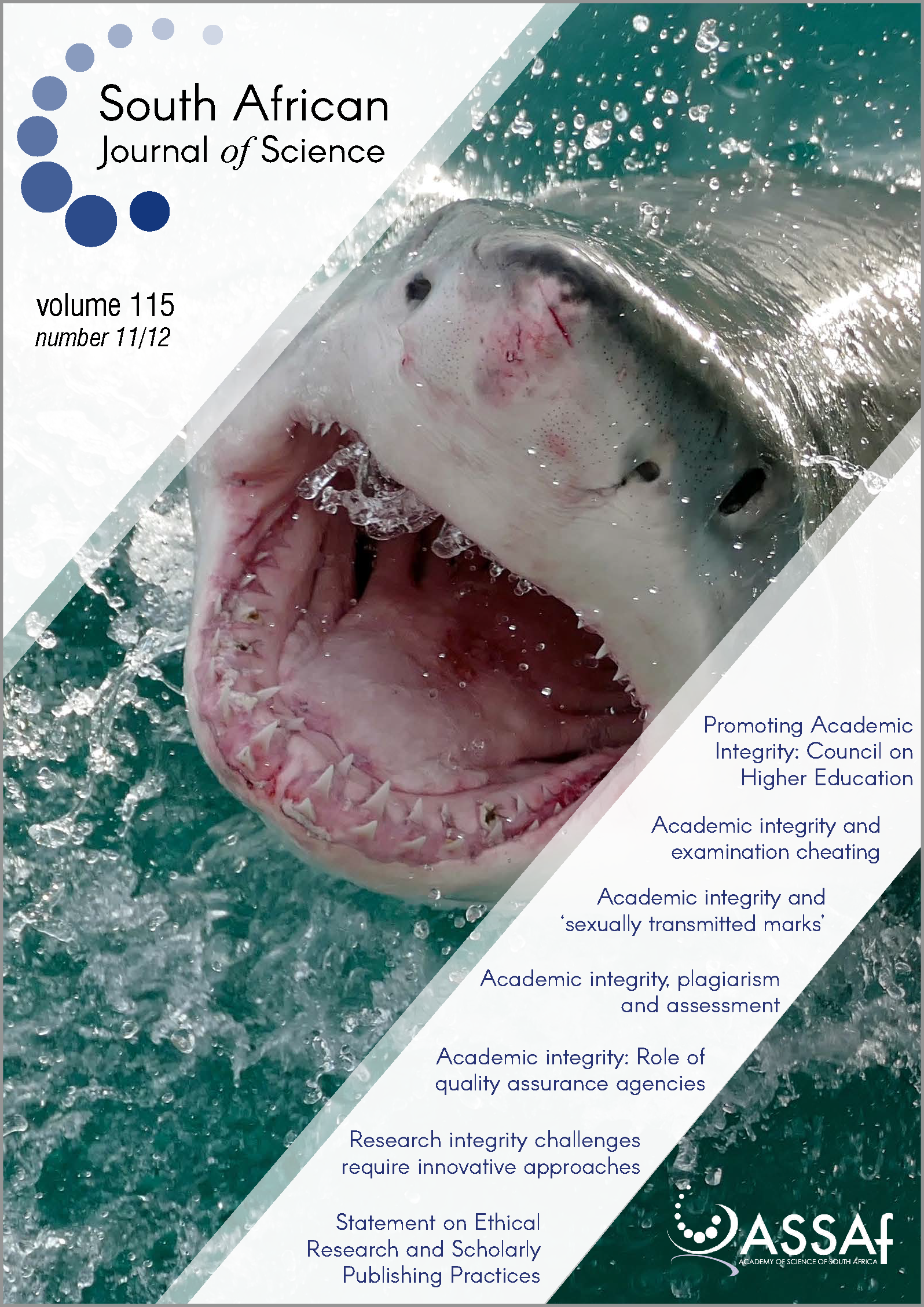Forgiveness moderates relations between psychological abuse and indicators of psychological distress among women in romantic relationships
DOI:
https://doi.org/10.17159/sajs.2019/6353Keywords:
decisional forgiveness, emotional forgiveness, internalising problems, intimate partner violenceAbstract
Forgiveness frequently occurs in a relational context and is a key ingredient for restoring and maintaining intimate relationships. Yet, certain interpersonal dynamics that sometimes motivate forgiveness (e.g. abuse) have the potential to adversely affect well-being, especially when ongoing exploitation occurs. In this study, we examined the role of forgiveness in moderating relations between psychological abuse and indicators of psychological distress in a sample of community-based South African women currently in a heterosexual romantic relationship. Participants (n=515) completed measures of decisional and emotional forgiveness of their partner, psychological abuse committed by their current partner during the course of the relationship, and depression, anxiety, and stress. Latent profile analysis identified two subgroups characterised by differing levels of forgiveness: partial forgiveness (high decisional forgiveness and moderate emotional forgiveness) and complete forgiveness (high decisional and emotional forgiveness). Regression analyses revealed that the relations of psychological abuse with depression and stress, but not anxiety, were moderated by ‘forgiveness of partner’. The complete forgiveness group scored lower on depression and stress when psychological abuse was lower, but higher on each outcome when psychological abuse was higher. The findings suggest that there may be conditions in which forgiveness of partner may promote or undermine the mental health of women who experience abuse perpetrated by their current partner.
Significance:
- Whereas women in continuing romantic relationships generally sought neither to avoid or seek revenge on their partners (i.e. decisional forgiveness), distinct subgroups were characterised by more or less reduction of negative emotions (i.e. emotional forgiveness).
- Within the context of continuing romantic relationships, the mental health benefits that ordinarily accompany more thorough processing of unforgiveness may be eroded when victims are exposed to severe levels of potentially ongoing psychological abuse.
Published
Issue
Section
License

All articles are published under a Creative Commons Attribution 4.0 International Licence
Copyright is retained by the authors. Readers are welcome to reproduce, share and adapt the content without permission provided the source is attributed.
Disclaimer: The publisher and editors accept no responsibility for statements made by the authors
How to Cite
- Abstract 1887
- PDF 800
- EPUB 194
- XML 389












.png)